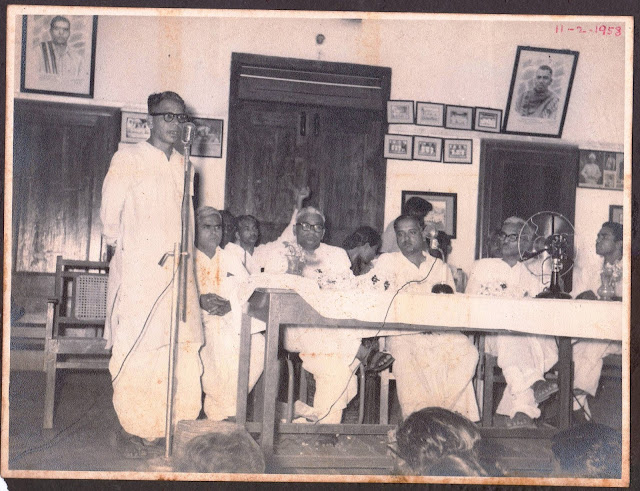30. (SOCIAL-30) CONSTITUTIONAL RELEVENCE OF SHARIAT COURTS IN INDIA.
"The FATWA has no place in Independent INDIA and can't be used to punish innocent" the Supreme Court on Monday 7th July ruled. "A Shariat court, issuing fatwa and order against a person who is not before it, has no sanction of law and has no legal status. But if people still want to approach these courts, it's their will," The apex court said that "Islamic judges, who interpret religious law, could only rule when individuals submitted voluntarily to them and their decisions, or fatwas, were not legally binding. Some fatwas may be wise and may be for general good also. People in this country are wise enough. If two Muslims agree for mediation, who can stay it? It is a blend of arbitration and mediation, but it is not binding on anyone including the person who had asked for it"
The petitioner a Delhi based lawyer, Vishwa Lochan Madan filed a petition in 2005, challenging the legality of parallel courts run by institutions like the Darul Qaza and Darul-Ifta and cited a case in which a woman was told to leave her husband and children and live with her father-in-law who had raped her. The petitioner had argued that Shariat courts are illegal and operated as parallel courts in the country deciding on religious and social freedoms of Muslim citizens, and that fundamental rights of Muslims cannot be controlled and curtailed by fatwas issued by Qazis and Muftis appointed by Muslim organizations.
While reserving the verdict in February this year, the Supreme Court
observed that it cannot interfere with fatwas or religious decrees
issued by Muslim clerics, "These are political-religious issues. We
can't decide them. In this country some people believe Gangajal can cure
all ailments. It is a matter of belief." No religion is allowed to curb anyone's fundamental rights" the top court also added.
All India Personal Law Board had earlier submitted that fatwas were
not binding on people and it was just an opinion of a mufti or a cleric
and he has no power and authority to implement it. if fatwas affect fundamental rights, one can approach the court. The
then UPA government had told the court that it will not interfere with
the Muslim personal law unless it affects the fundamental rights of
individuals.
The verdict over the Constitutional relevance of the Shariat courts in the country is likely to trigger a debate in Muslim personal Law and the necessity of having a common Civil Code and have a direct bearing on the operation of Khap panchayats and similar institutions that issue contentious diktats.
The verdict over the Constitutional relevance of the Shariat courts in the country is likely to trigger a debate in Muslim personal Law and the necessity of having a common Civil Code and have a direct bearing on the operation of Khap panchayats and similar institutions that issue contentious diktats.
----PENDYALA VASUDEVARAO.
<!-- Google tag (gtag.js) -->
<script async src="https://www.googletagmanager.com/gtag/js?id=G-1M93C8YK91"></script>
<script>
window.dataLayer = window.dataLayer || [];
function gtag(){dataLayer.push(arguments);}
gtag('js', new Date());
gtag('config', 'G-1M93C8YK91');
</script>



Comments